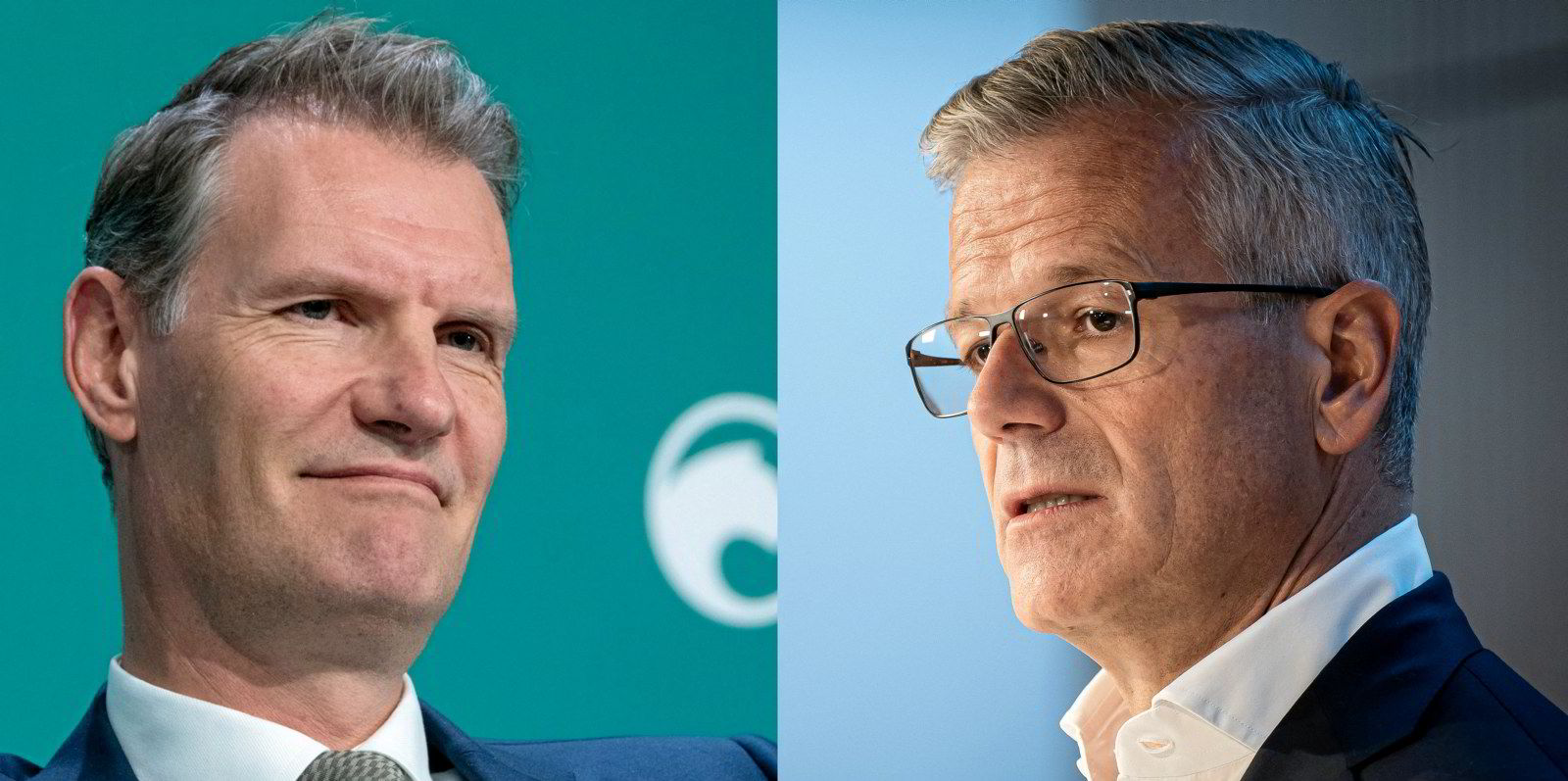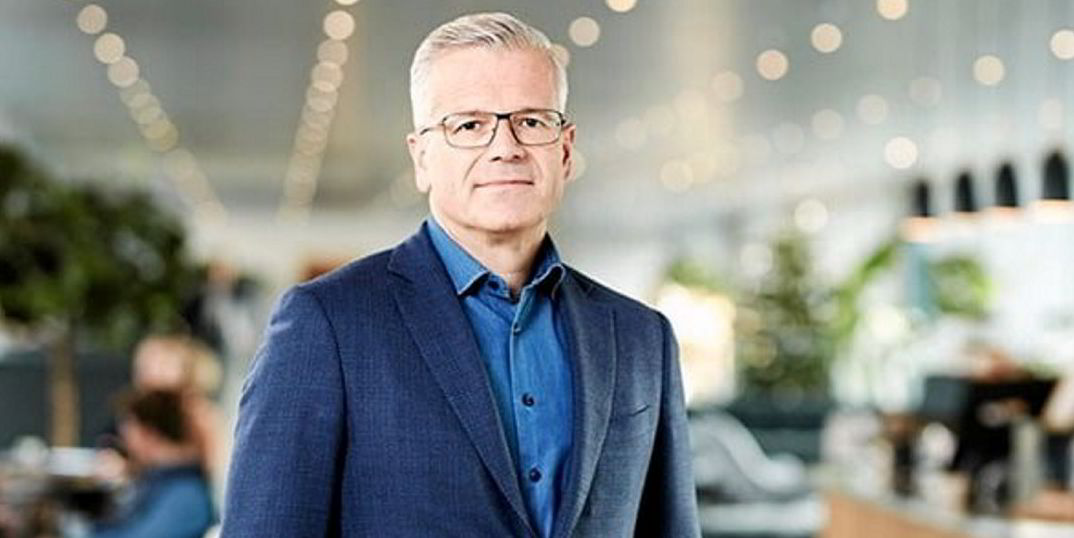The two biggest container carriers MSC Mediterranean Shipping Company and AP Moller-Maersk are ending their 2M alliance in 2025.
No immediate reasons were given for the termination of the vessel-sharing agreement other than that conditions have changed since the grouping was set up in 2015.
But the container shipping industry has gone through a roller-coaster ride during that period from low markets at the outset to the most extreme freight rates boom during the Covid pandemic.
That boom was accompanied by US government hostility to the cost of freight being apparently dominated by near monopoly groups, and has been followed this year by a slump in rates as demand has fallen off a cliff and led to massive numbers of sailings being cancelled.
In a joint statement, chief executives Vincent Clerc of AP Moller-Maersk, and Soren Toft of MSC said: “MSC and Maersk recognise that much has changed since the two companies signed the 10-year agreement in 2015.
“Discontinuing the 2M alliance paves the way for both companies to continue to pursue their individual strategies.”
One boxship player immediately commented: “It is a long-expected scenario. It was never a marriage done out of love but out of practicality and back then it was the right decision.”
He added that, as felt at the time the 2M was set up, the two companies have very different cultures and ways of working.
MSC’s Toft added in a separate statement after the Maersk announcement that it was continuing to strengthen and modernise its fleet, “providing us with the scale we need for the most comprehensive ocean and shortsea shipping network in the market”.
The Swiss-based carrier is also growing its portfolio of shipping, inland, logistics and digital solutions, as well as its emerging air cargo offering, he added.
But MSC has in the past two years also gone back to its former strategy of buying large numbers of older secondhand ships, a policy not followed by Maersk, and which has helped it supplant the Danish group as the largest line.
MSC founder Gianluigi Aponte historically did not get involved in alliances, always preferring to go it alone and his son, Diego Aponte, now seems to be adopting the same strategy.
Maersk is pushing ahead with orders for new ships that can burn greener fuels, especially e-methanol, and sourcing supplies of those fuels. New boss Clerc only took over from Soren Skou at the beginning of this year.
The agreement was introduced in 2015 with the lines saying it aimed to ensure competitive and cost-efficient operations on the Asia-Europe, transatlantic and transpacific trades
The two carriers said they had “very much appreciated the partnership” and remain committed to strong collaboration throughout the remainder of the agreement period.
The decision to end the alliance would have no immediate impact on 2M services, they added.
The companies’ customer teams will communicate with their respective clients during and beyond the phase-out of the alliance. It had a minimum term of 10 years.
Irene Ang contributed to this story.





